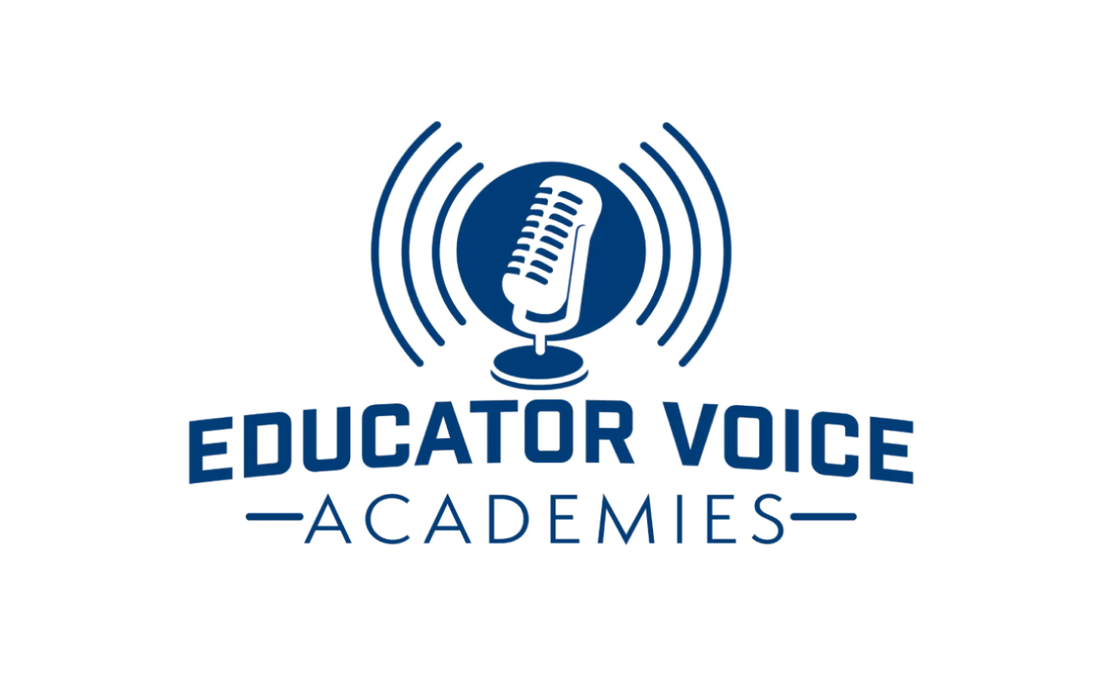Penny Lee-Cox and Ceci Rice, the women who cultivated an idea for change into what is now the IEA Educator Voice Academies are powerhouses of passion, tenacity and the desire for educational justice. While their early experiences in education were quite different, it produced in them the same desire to be a force of change in education, which is evident in their schools, their work with the IEA and most recently in their development of the EVA.
Penny went to an elementary school surrounded by powerful Black educators who taught her that her Black skin was her super-power. “My teachers were and still are a very powerful force in my life. I still sit by their feet to learn about the world.” She wanted all BIPOC students to experience education in that positive, connective and rigorous way and bring that same positivity and passion for learning into her own fifth-grade classroom. Ceci had a less positive experience. Struggling particularly with math and focus, she was labeled the “bad kid”, when in actuality she was seeking support from the adults around her. Since the age of 13 when she first volunteered for an autism resource agency, Ceci has immersed herself in supporting diverse learners both through her work in public policy and in Special Education, currently as a case manager.
Bringing these rich and differing experiences with them, Penny and Ceci knew that as they began developing the idea of EVA that all voices should and must be included. Both women were determined that the program be rolled out statewide and that every voice within education would be represented on both the board of directors and on their steering committee. This didn’t mean only including voices of Black, Latino and LGBTQ members. They also wanted to include voices of former educators, ESPs, and higher education professionals and to have voices that spoke to the needs of Special Education and mental health and also Multilingual learners. Geography was taken into account as well, as they were aware that educators in central and southern Illinois sometimes felt neglected in statewide conversations.
With all of these perspectives in mind, the Educator Voice Academies was developed to bring people together, to break barriers, to force action, and to create policy. Having studied public policy, Ceci understands the challenges teachers face in moving policy forward. “Within EVA, people feel empowered in raising their voice. Teachers are often inundated with tasks that tap them out emotionally. Their professionalism is not honored, and they burn out. This keeps them out of policy making, sometimes deliberately.” However, bringing many voices together has been powerful. In the first year of the project, the steering committee identified four main areas of priority including SEL and culturally responsive practices, supporting Multilingual Learners, recruiting and retaining teachers of color, and restoring mental health in higher education. Work groups were launched and EVA compiled a report detailing policy recommendations and local implementation gaps.
In addition to this work, both Penny and Ceci led monthly virtual cohort sessions of EVA Fellows from across the state. Last October, many fellows organized ’Strong Public Schools for All’ events for their local and regional offices. In the second half of the cohort sessions, members worked on personal policy projects within their own local networks.
Much was accomplished in the first year, but the vision for EVA is far from complete, and applications to become an EVA Fellow for the second year are open until May 31. Penny believes the goal of EVA is for students to have a great public education regardless of zip code, but that teachers can’t be left out of this equation. “Teachers are some of the most educated women in the country and their wage should reflect that. We also need support…We can’t be police, social workers, health services, everything to our students.” As EVA continues, the goal is to create policy that honors the voice of educators so they can continue to do what brought them to the profession in the first place – providing their students an excellent public education.
